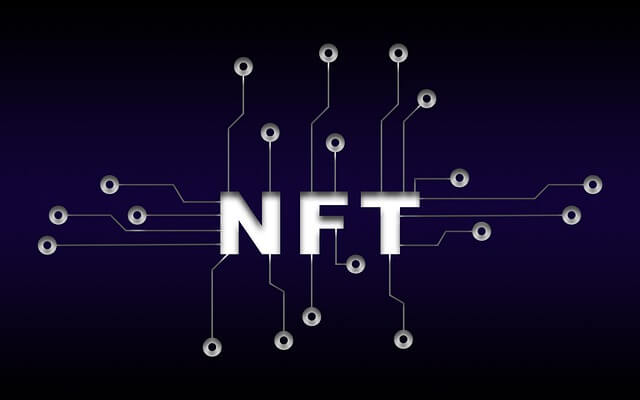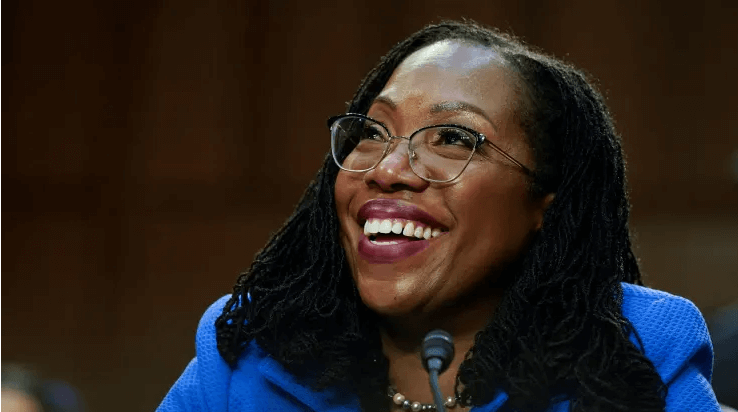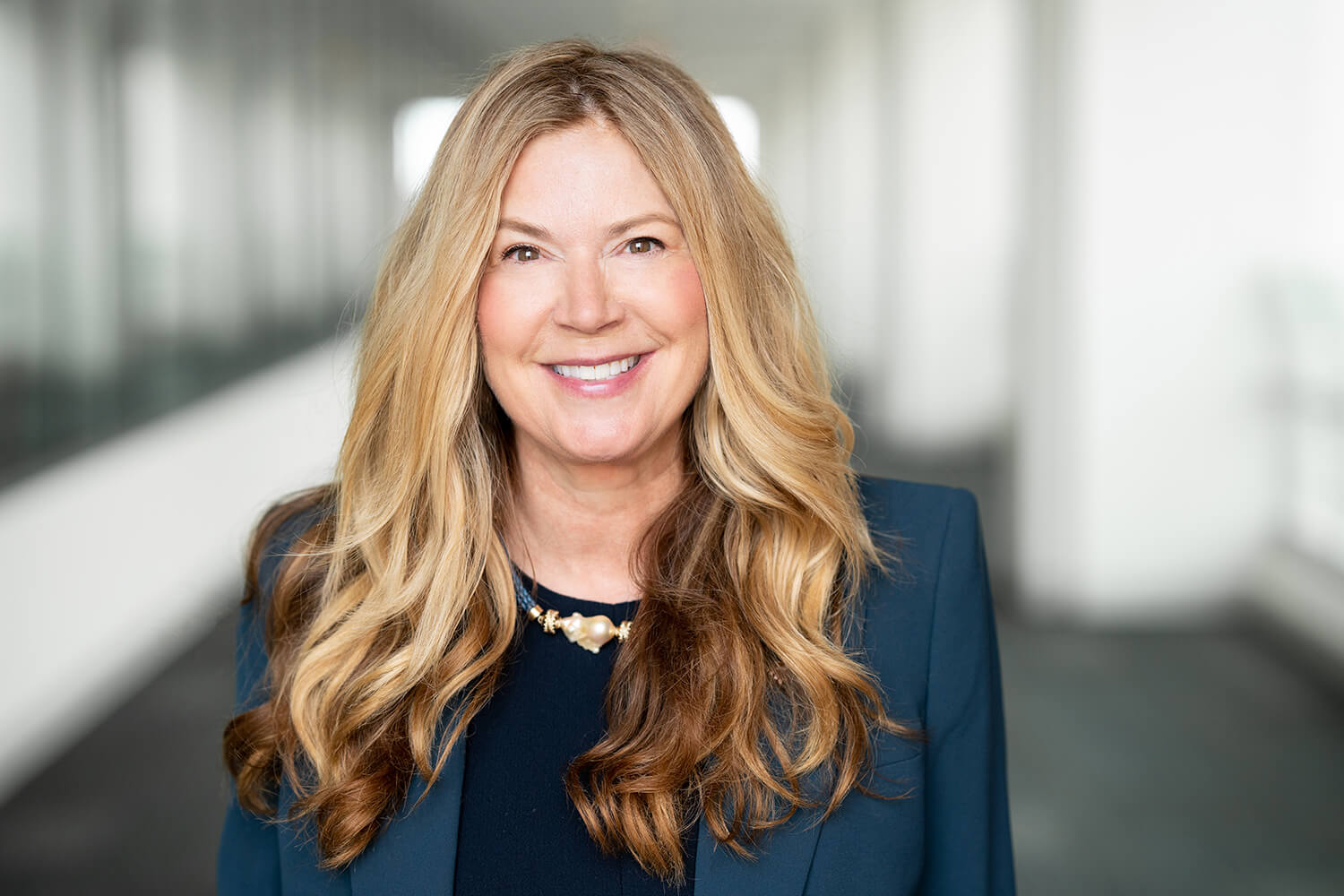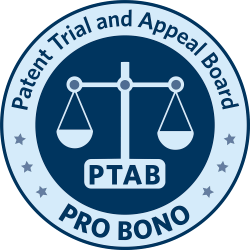NFT Suit’s Effect on Trademark Law
Takeaway: You must be careful when using something that could be associated with a big name or company, including images of products, brand names, etc. in the metaverse..

NFTs (non-fungible tokens) are recently popularized unique cryptographic tokens that exist on a blockchain and cannot be replicated, often associated with digital files such as photos, videos, and audio. Hermes filed suit in January accusing designer Mason Rothschild of selling “MetaBirkin”-branded NFTs that rip off not only the name, but also the look of the luxury brand’s iconic Birkin handbag. U.S. District Judge Nathan previously stated that the court would consider Rothschild’s argument that the works are pieces of art, protected by the First Amendment.
Similarly, sneaker and apparel giant Nike, Inc. brought an action in February alleging online reseller StockX LLC’s collection of NFTs, known as “The Vault,” used unauthorized images of Nike’s shoes. U.S. District Judge Caproni stated that the court would consider StockX’s fair use argument. Notably, StockX is also arguing it’s entitled to use the images under the first sale doctrine, which allows buyers of trademarked goods to display and sell them under their original trademarks.
As these cases have demonstrated, there is a risk of getting sued when using a name/image associated with a trademark or copyright. Nevertheless, the end results of the lawsuits are yet to be known, and it is possible that the defendants’ First Amendment arguments will succeed.
The New U.S. Supreme Court Justice and Intellectual Property
Takeaway: Judge Jackson will bring her own approach to IP issues as she takes her seat as a Supreme Court Justice.

Ketanji Brown Jackson, the newly approved U.S. Supreme Court judge, recently shed some light on her approach to intellectual property issues. Despite her stating, “It would be inappropriate for me, as a pending judicial nominee and a sitting federal judge, to comment further,” she still provided some insight into her approach to trademarks, patents and copyrights. Judge Jackson said, “Patents play an important role in ensuring technological progress by pairing public disclosure of important innovations with protections for inventors’ incentives to innovate.” She also noted that Congress sets the outlines of the patent system, so the courts “must referee disputes about that statutory structure, and in doing so must give effect to Congress’s enactments in order to provide clarity and predictability for all parties.”
Judge Jackson also briefly discussed the Alice v. CLS Bank decision, which held that abstract ideas, laws of nature and natural phenomena are not patent eligible. She proceeded to note that the court held that “even an invention implicating these exceptions may in certain circumstances be subject to patent protection where it constitutes a patent-eligible application of an otherwise unpatentable concept.” Although she declined to comment any further, she noted that the “key question” is whether a patent’s claims contain “sufficient ‘additional elements’ to ‘transform the nature of the claim’ into a patent-eligible application.”
Photo Credit: www.cnbc.com/2022/03/24/supreme-court-pick-ketanji-brown-jackson-confirmation-what-happens-next.html
Senate Confirms New USPTO Director
Takeaway: The second woman to ever be confirmed by the Senate as USPTO Director is Kathi Vidal.

The United States Senate confirmed Kathi Vidal to lead the U.S. Patent and Trademark Office. This would mark Vidal as the second woman ever to head the agency. Vidal is a former Winston & Strawn LLP litigator and managing partner of their Silicon Valley office. She will be filling a seat that has been open for over an year since her predecessor Andrei Iancu resigned in early 2020.
She will be anxiously watched by the IP community in the upcoming months. More specifically, big changes may be coming if she plans to change the USPTO’s highly controversial use of discretionary denials at the Patent Trial and Appeal Board, as well as how she plans to handle a new director rehearing process based on the Arthrex decision, which concerned the authority of administrative patent judges.
Photo Credit: www. uspto .gov/ about-us/executive-biographies/kathi-vidal
USPTO Launches New Pro Bono Program
Takeaway: USPTO launches the Patent Trial and Appeal Board Pro Bono Program, which will start accepting applications from eligible inventors on June 1, 2022.

Under the upcoming pro bono program, the PTAB Bar Association will be able to connect volunteer patent practitioners to eligible inventors seeking legal assistance with ex parte appeals before the Board, free of charge.
Drew Hirshfeld, acting Deputy Under Secretary of Commerce for Intellectual Property and acting Deputy Director of the USPTO, said,?“This program is another example of the USPTO’s commitment to level the playing field for all inventors and provide equitable access to all aspects of our world-class innovation ecosystem.”
To be found eligible for this new program, you must demonstrate that you: (1) are domiciled in the United States; (2) have a gross household income less than three times the federal poverty lines; (3) established micro entity status in the application subject to appeal; (4) applied within one month from the date of the office action in which claims have been twice or finally rejected; and (5) viewed the required training about the PTAB Pro Bono Program and the ex parte appeal process.
Meghan Markle Tries to Trademark 500-year-old word
Takeaway: When trying to trademark a word or phrase that has been around for a long time and/or used by others in their business, there may potentially be legal issues.
Meghan Markle, the Duchess of Sussex, has filed an application with the USPTO to trademark “archetypes,” which she plans to use as the name of her podcast series. The possible podcast name is a nod to her firstborn son, Archie.
Markle will likely face legal challenges as the word has been around since at least the 1540s and was not coined by her. Furthermore, there are companies that use the word in their names, which may pose legal obstacles as well. Whether Markle will succeed will be determined in time.
Cislo & Thomas LLP Spotlight
Cislo & Thomas LLP Leads Noteworthy Settlement Case: Nike, Inc. v. La La Land Productions and Design
La La Land Production & Design Inc., a California-based shoe manufacturer represented by Cislo & Thomas LLP, was accused of producing copycat versions of Nike sneaker designs, including Air Force 1s and Dunks shoes.
Nike filed its suit against La La Land in January 2021. They amended it in August 2021 adding John Geiger Collection LLC, arguing La La Land and Geiger worked together to create fake versions of Nike’s Air Force 1s.
Geiger initially urged U.S. District Judge Mark C. Scarsi to dismiss the suit, asserting that the possibly-infringing sneakers did not have the signature Nike swoosh mark. Judge Scarsi refused to toss Nike’s suit.
La La Land has since admitted in the consent judgment that it unintentionally infringed the Air Force 1 trade dress through the production of Geiger’s products. However, Nike’s trademark infringement claims against Geiger are still ongoing.
Judge Scarsi has approved a settlement in Nike’s trademark infringement suit over counterfeit sneakers — banning La La Land from imitating Nike shoe designs and the retailer’s signature swoosh.



